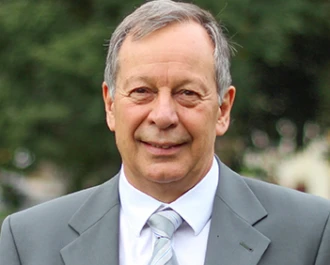 Prevent
Prevent
Women at higher-than-average risk of breast cancer because they have mutations in BRCA1 or BRCA2 or a strong family history of the disease often wish to know how to reduce their risk without surgery. Physical activity is known to reduce breast cancer risk for women at average risk, but it is not known if this benefit applies to women at higher-than-average risk.
NBCF-funded researchers have led a new large international study that has provided evidence that exercise maintains its protective effect for women at high familial or genetic risk of breast cancer. The study was published recently in the journal Cancer Research. Data from 15,500 women without breast cancer at baseline, including 659 BRCA1 and 526 BRCA2 mutation carriers, were analysed. The women were from a large international cohort enriched for women with a family history of breast cancer, almost half from Australia, followed for on average 10 years.
The study found that being physically active at baseline (when the women first enrolled in the cohort) was consistently associated with a lower breast cancer risk for women across the whole risk continuum (from low to high familial risk). Specifically, physical activity levels equivalent to 2.7 hours of moderate exercise (e.g. brisk walking) or 1.5 hours of strenuous exercise (e.g. running) per week were associated with about a 20% lower breast cancer risk. Having BRCA1 or BRCA2 genetic mutations or a strong family history of breast cancer did not change this benefit.
Study researcher Professor John Hopper, from the University of Melbourne, said the results were relevant for all women because they indicated that maintaining an active lifestyle could help prevent the development of breast cancer irrespective of a woman’s genetic risk.
“Our results suggest that physical activity might be an effective prevention strategy for all women,” he said. “In particular, they suggest that exercise is especially important for women with a higher-than-average risk, who stand to benefit most from these interventions. The more a woman is at genetic risk of breast cancer, the more important is her lifestyle and other risk factors”

Professor John Hopper
Other NBCF-funded researchers who contributed to this study include Professor Kelly-Anne Phillips (Peter MacCallum Cancer Centre) and Professor Melissa Southey (Monash University). The work was a collaboration of six breast cancer family studies from the United States, Canada, and Australia which included data from the Kathleen Cuningham Foundation Consortium for Research into Familial Breast Cancer (kConFab) , which NBCF has proudly supported for over 20 years.
More News Articles
View all News Prevent
Prevent


